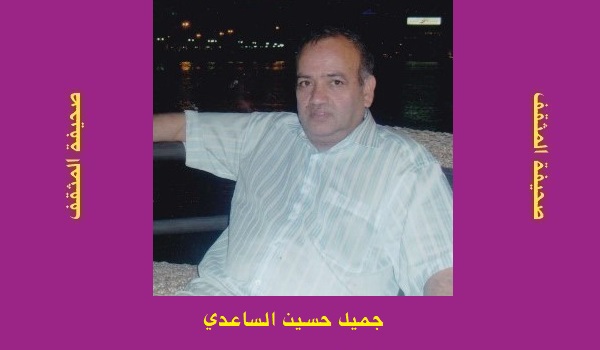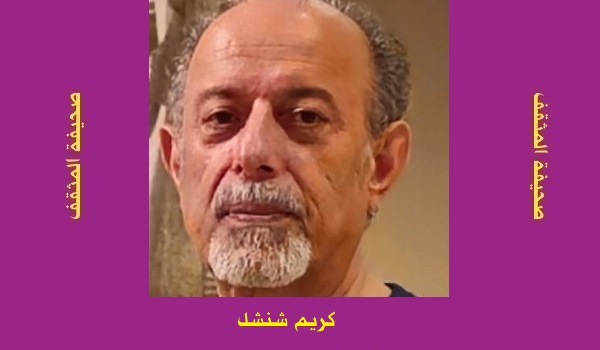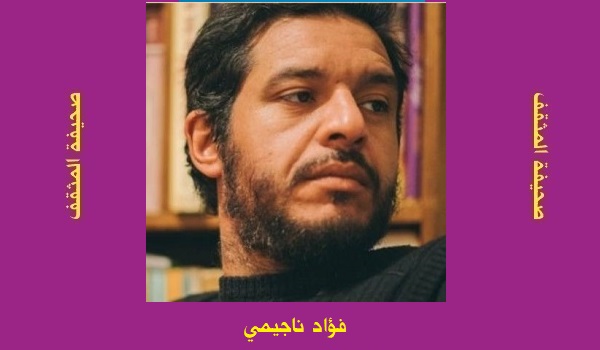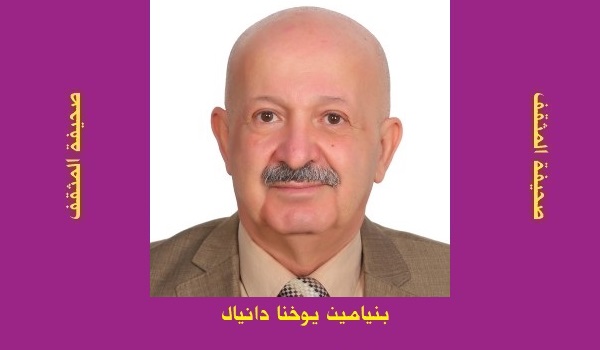ترجمات أدبية
Ali Al-Kasimi: The pigeon

by Ali Al-Kasimi
Translated by Hassane Darir, Professor of Translation and Terminology (Cadi Ayyad University, Marrakech) and revised by W Richard Oakes Jr. (PhD-University of Edinburgh, Independent Scholar)
***
The yellow and fading sun was looming at the far horizon, slowly coming down to its lair, when I and my little girl were returning, after a mid-year vacation, down a long, deserted road, strewn over a grey and bleak land, which had forgotten the taste of rain for years, and in which the trees were transformed into bare, scrawny skeletons. Its greenery and its birds had deserted it, leaving it to face its sad fate alone. The waters bid farewell to the canals and valleys, and the herds of cattle disappeared, and the shepherds' psalms became silent.
In the living room upstairs, a suspicious movement behind the window caught our attention. My daughter cautiously approached her, and as soon as she lifted the curtain, a terrified dove flew away in the air, and soon came to the roof of the opposite house. My daughter cried hilariously: "Ah! That pigeon had settled in here, while we were gone, and left behind two eggs." She looked at them quietly for a while. Then she sat down beside me, and tucked her little head into my chest as I continued to read my book and brush her long soft hair. It was not long before the pigeon returned to the window, after being reassured that danger was far away, to incubate her two eggs.
My daughter continued to frequent that window, watching the pigeon, which has become accustomed to her peaceful approach. It was no longer frightened by her appearance. Sometimes she found only the two eggs when the pigeon was gone, and after a while, it would carry some straw or twigs to arrange them in its nest.
In the evening I was watching the television news broadcast, while my daughter was standing by her favorite window. There followed news from all over the Arab world: horrific floods killing hundreds of children, women, and the infirm, sweep through Somalia, which has been ravaged by famine and civil war…. A new massacre by armed groups in Algeria killed 450 people in one village, mostly women, children, and the elderly... Hundreds of children dying every day in Iraq, due to the embargo and the lack of milk, food, and medicine... Suddenly my daughter screams:
- "Look, the egg is hatching, the chick is breaking it with its head, with its little beak, it is coming out of it with difficulty... Look at the poor thing, how weak it is. How small! How smooth its featherless body is! It didn't come out of the egg completely ... it's falling to the ground... It does not move ... It's a lifeless, I'm afraid it's dead... Oh my god! Where is its mother? What can I do? Papa, how can we help it?"
When I went to bed that night, I could not sleep. The pigeon in the next window had been wailing and wailing incessantly all night long.
***
................................
This short story is a translation of الحمامةby Ali Al-Kasimi. It first appeared in the short story collection Time to Leave (أوان الرحيل، under translation) and is also available as part of a study under this link: https://www.almothaqaf.com/readings-5/964871.







